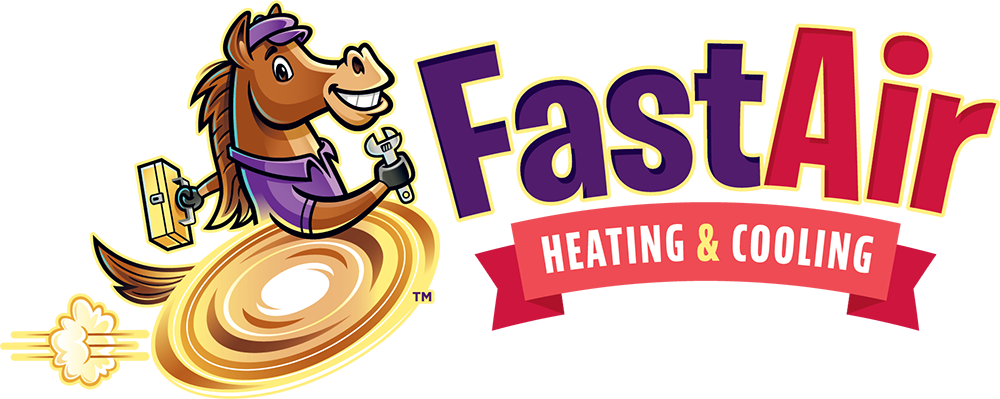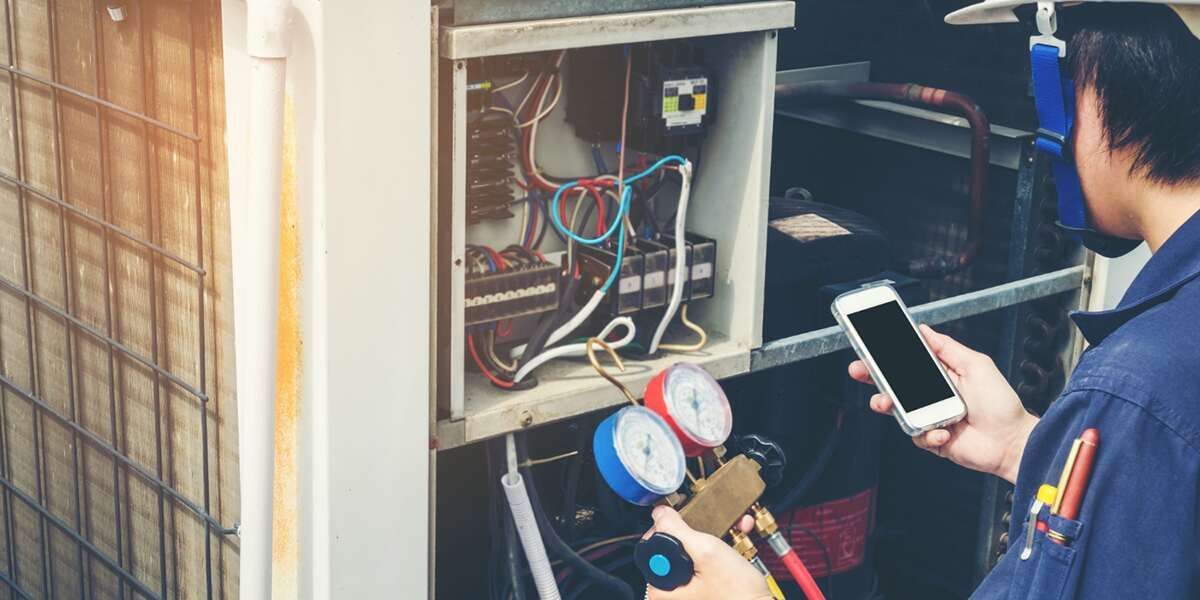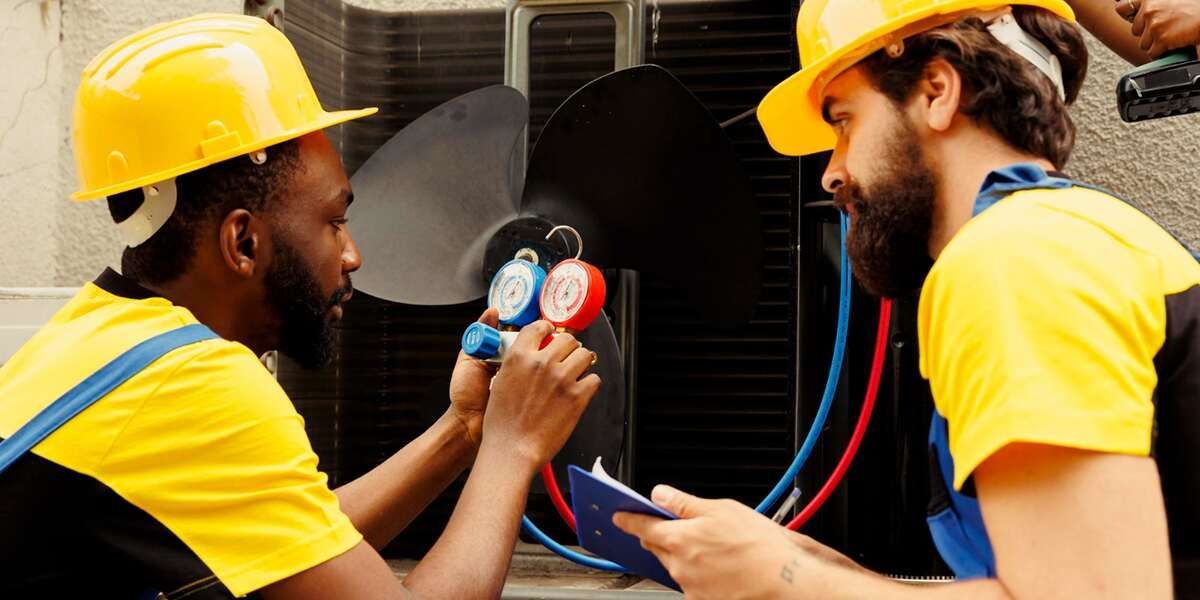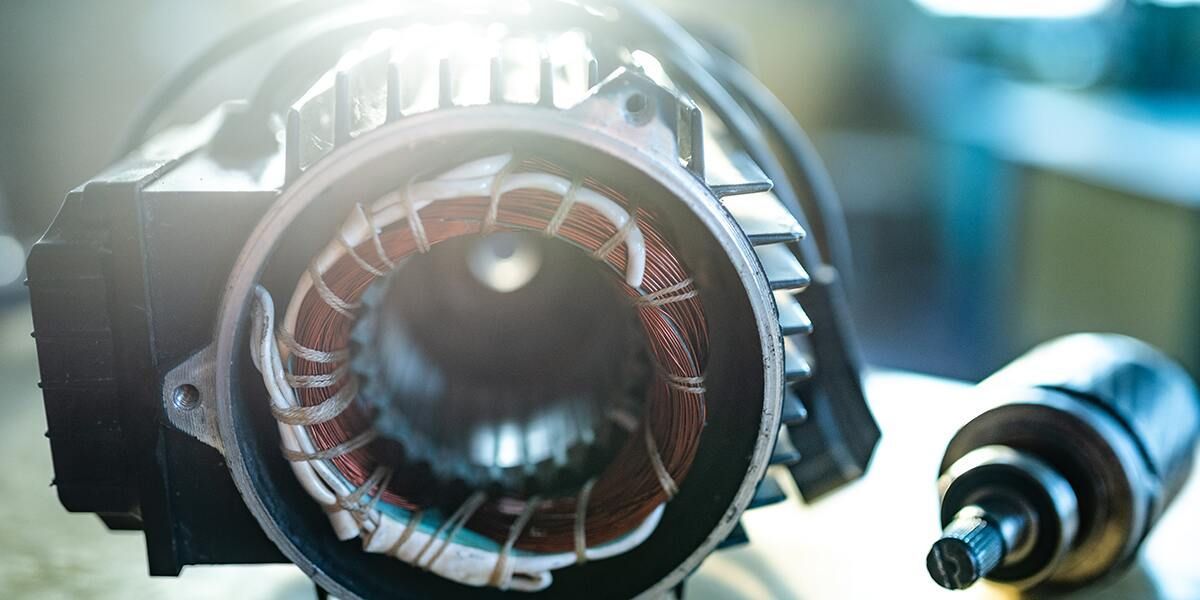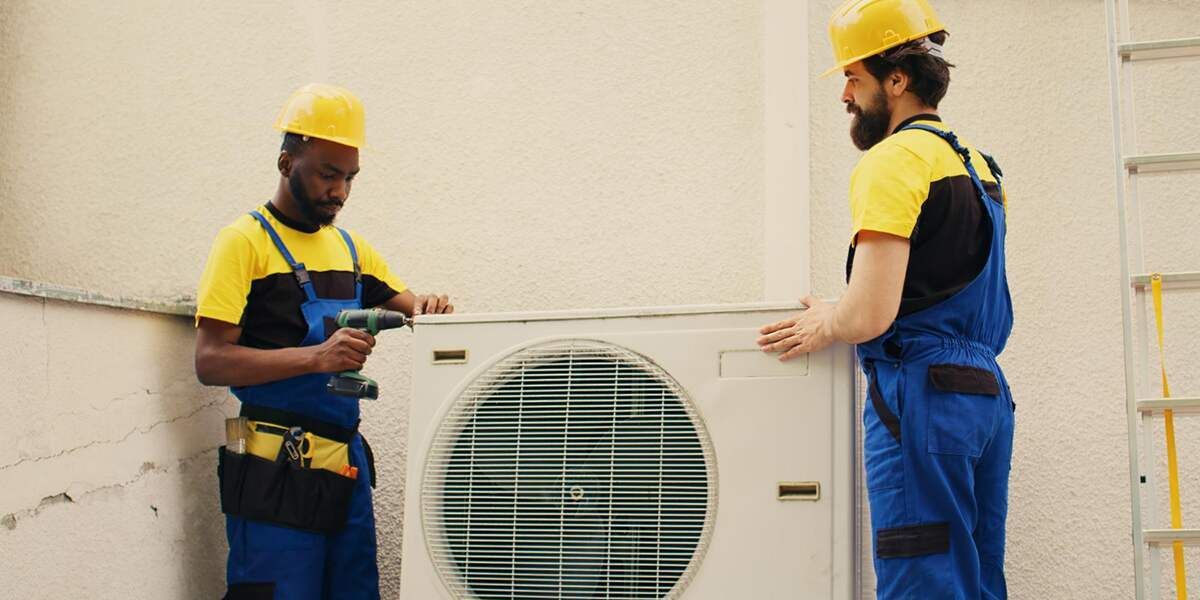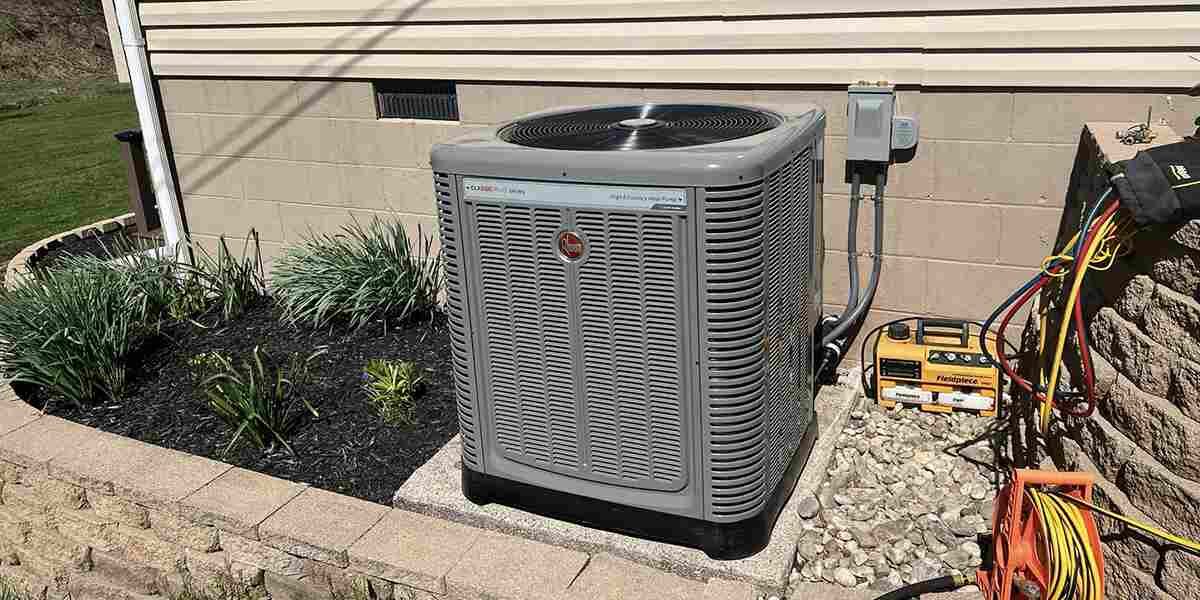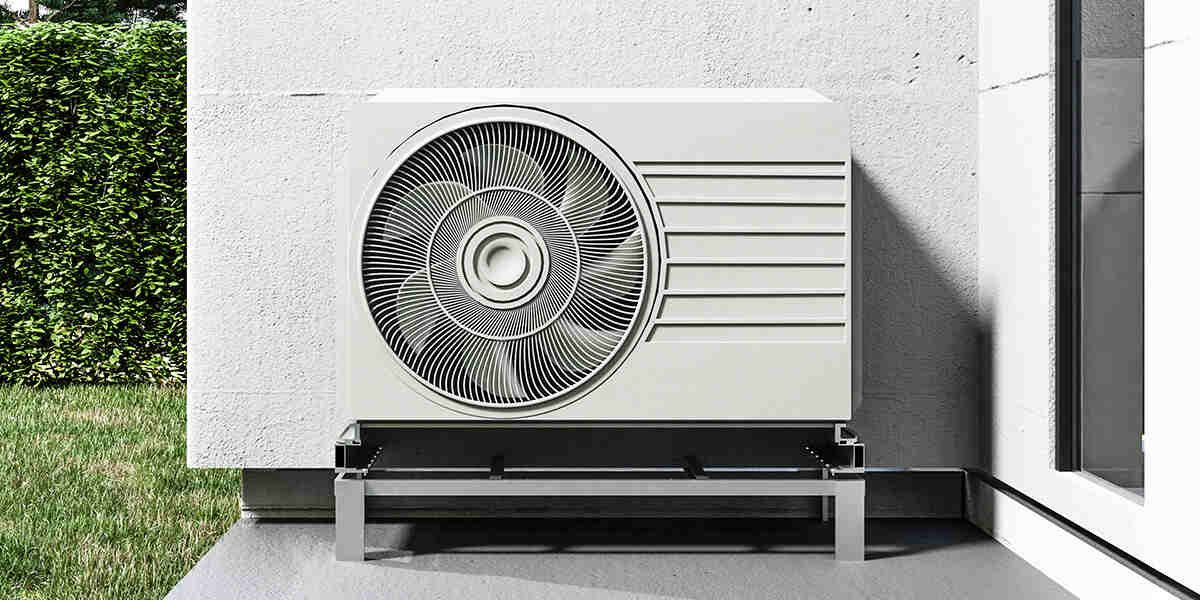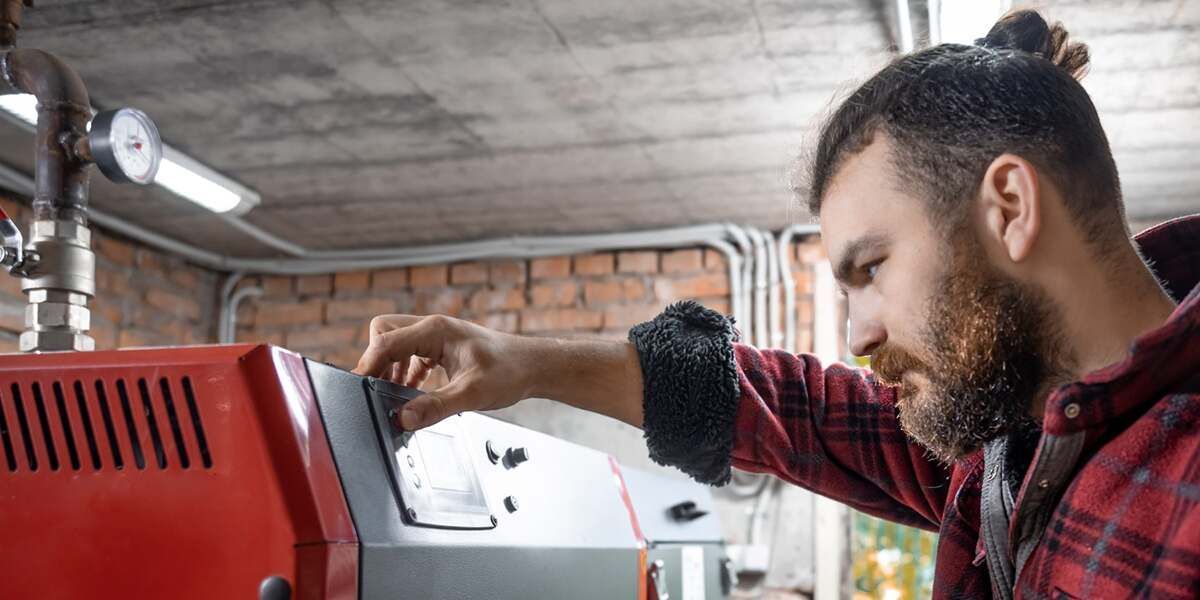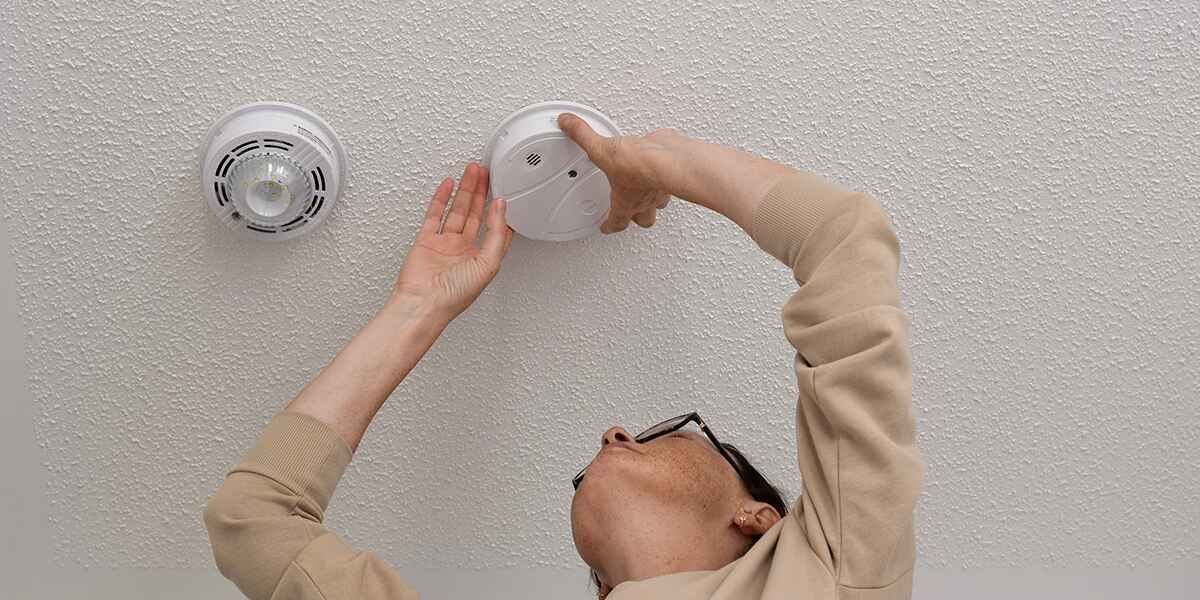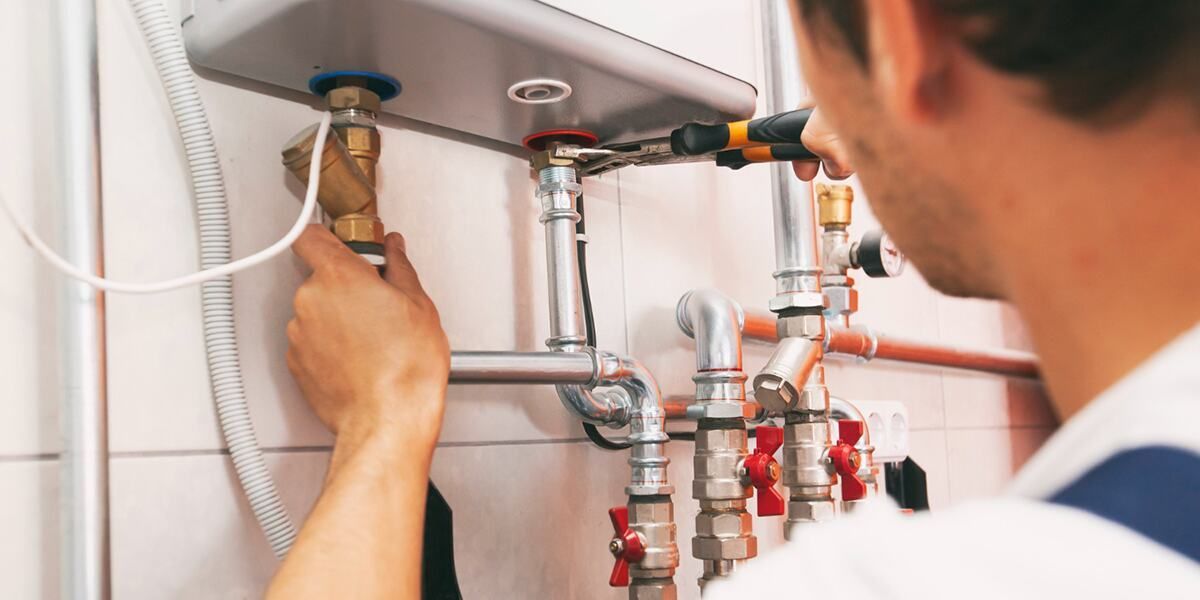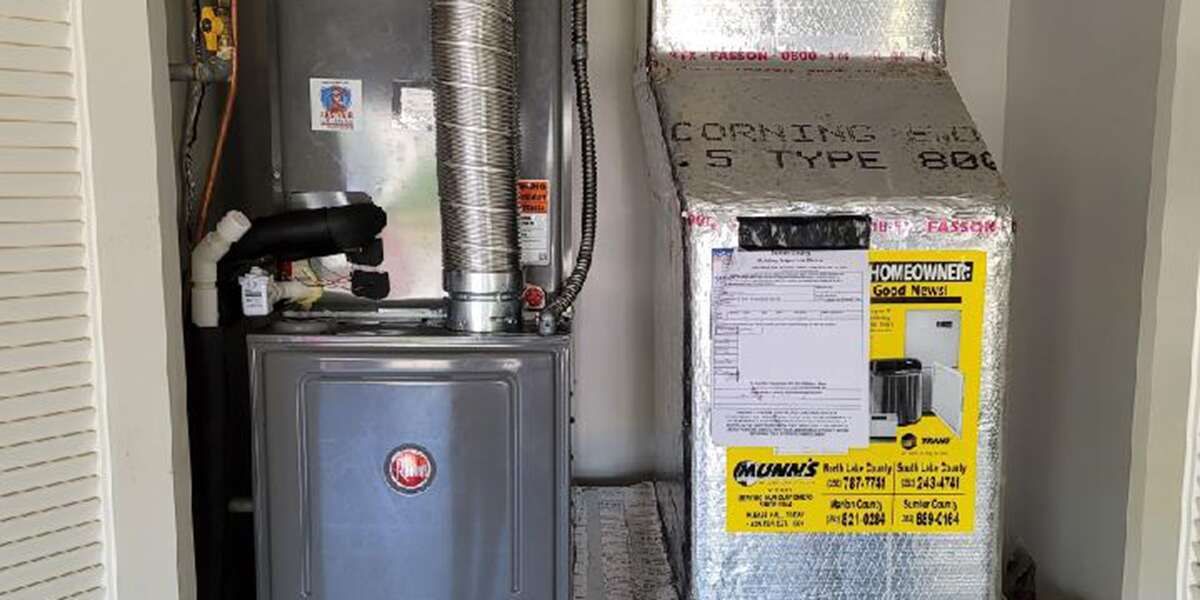EMERGENCY SERVICE AVAILABLE
The 12 Most Common HVAC Questions Homeowners Ask
Do you need help maintaining your HVAC system? Call Fast Air Repair at 352-290-7968 to keep your system running smoothly.
Responsible for keeping you comfortable and safe all year round, your HVAC system should always be working properly. But because of the system's complexity, many homeowners have important HVAC questions.
As a top-rated HVAC repair company in Ocala, FL, our Fast Air Repair team provides the answer to the most common questions about HVAC systems. While no one should try to maintain their system without professional help, knowledge goes a long way in preventing expensive repairs. Keep reading to discover the basics of your HVAC system.
1. Do I Need Regular Maintenance?
The most important factor in keeping your air conditioner and furnace working is regular maintenance and HVAC system inspection. For your air conditioner, schedule professional maintenance in the spring to verify it's ready for heavy usage during the summer. Many people schedule a second maintenance check in the fall to determine how summer affected their air conditioners.
For your furnace, schedule annual maintenance in the fall right before winter comes. If scheduled efficiently, your HVAC technician could check the cooling and heating units during the same appointment.
2. Does Indoor Humidity Matter?
High humidity can damage your health and property, but a fully functioning HVAC system should reduce the humidity to appropriate levels.
Low humidity is anything below 30% and is most common during winter or in arid climates. Unfortunately, your HVAC system doesn't naturally raise the level of moisture in the air. If you're experiencing the effects of dry air, consider installing a whole-home humidifier.
3. Can Adjusting My Thermostat Save Money?
A minor thermostat adjustment can help your HVAC system run more efficiently and save you money long-term. What's the ideal temperature? Experts suggest setting it six degrees higher (or lower) than your ideal temperature.
For example, if you like to keep your home at 68 degrees in the summer, consider raising it to 74 instead. If you prefer 76 degrees in the winter, consider setting it at 70.
While the difference might cause a bit of discomfort, many homeowners find the savings on their utility bills are worth it.
4. How Often Should I Replace My Air Filter?
Aside from annual maintenance, air filter replacement for both your furnace and air conditioner is the best way to keep your HVAC system functioning. Depending on your type of heating and cooling device, it could use a replaceable air filter or one that only requires cleaning.
Change or clean your air filter every 30 days. Some filters can last up to 90 days, depending on the brand and type. If you smoke, have pets, suffer from respiratory conditions, or live in an area with high pollution, consider checking it more frequently.
5. What Size Filter Do I Need?
Use the following process to determine what size filter you need:
- Locate the frame that houses the air filter.
- Remove the current filter to check for dirt accumulation.
- Look at the frame of the air filter for its size.
- Look for a three-number dimension, such as 16 x 18 x 2.
Once you know the correct size, you can find it at any hardware store or large retailer.
6. Should I Clean My Air Ducts?
One of the most common HVAC questions concerns air duct cleaning and whether homeowners should do it themselves. Your air ducts can accumulate mold, dust, allergens, and other pollutants that can damage your health.
As such, you should schedule professional cleaning every three years. Don't try cleaning the system yourself, as you could damage your air ducts, requiring expensive repairs or replacement.
7. Why Is My Air Conditioner Freezing?
Whether it's summer or winter, your air conditioner shouldn't have ice building up. When the ice blocks your air conditioner, it indicates one of two problems:
- When your evaporator or condenser coils build up dirt or become clogged with leaves, they can freeze over and eventually break your air conditioner beyond repair. Cleaning and clearing the coils usually resolves the issue.
- Leaking refrigerant can cause low pressure within your air conditioner and freeze the entire device.
8. How Does an Air Conditioner Work?
Though complicated pieces of equipment, at the basic level, air conditioners work through a combination of cooling the air and transporting the warm air outside. With the warm air expelled outside your home, the air conditioner replaces it with air of your desired temperature. Refrigerant, the evaporator and condenser coils, and the blower fan are some of the most important air conditioner components.
9. What Size Do I Need?
The best HVAC system size depends on multiple factors, but it shouldn't be too large or too small. Your HVAC specialist can help determine the best size for your home by using the following factors:
- Size of your home: In general, the larger your home, the bigger the air conditioner and furnace you need.
- Insulation: Insulation provides the essential function of keeping air from leaking in and out of your home and regulates the temperature more effectively. If your home has poor insulation, you'll likely need a more powerful HVAC system.
- Layout and location: If you have many windows, especially if they face south, you could need a bigger unit. With a house designed to utilize natural shade, you can reduce the size HVAC system you need.
- Number of people: All other things being equal, the number of people in your home affects your HVAC requirements. Five people produce more moisture from sweat and respiration than two people, so they need a bigger system to keep up the temperature regulation.
10. How Can I Make My System Last Longer?
To make your HVAC system last longer, schedule regular maintenance and repair issues quickly. The various devices within your system should last for the following number of years:
- Air conditioner: 10 to 15 years
- Furnace: 15 to 20 years
- Heat pumps: 10 to15 years
- Traditional water heaters: 10 years
- Tankless water heaters: 20 years
11. What Are the Signs of HVAC Problems?
You can tell your HVAC system needs repairs or replacement when you observe one or more of the following signs:
- Bad smells: The most common foul smells you might notice in your HVAC system include mold or mildew, burning, and decomposing. The problem could range from a dead animal to burning components.
- Poor air quality: If your air isn't at the right temperature or isn't circulating through the home, your system could suffer from a variety of issues.
- Weird noises: Unusual noises include banging, clanging, humming, rattling, buzzing, or clicking.
- Power issues: If a device doesn't turn on, doesn't turn off, or turns on and off too quickly, it's likely a power issue.
12. How Can I Lower My Energy Bills?
To help lower your energy bills, use the following best practices in addition to the ones discussed above:
- Upgrade your furnace, air conditioner, and water heater to more energy-efficient models.
- Install a programmable thermostat.
- Use ceiling fans to cool your home or open windows to create a breeze.
- Don't run your HVAC system when you're not home.
- Ask a technician to inspect your insulation and address any weak points.
Call Fast Air Repair for HVAC Help
You're on your way to understanding your HVAC system, but there's so much more to consider. Equipped with this knowledge, you can help us maintain your HVAC system so it lasts its full life expectancy.
When you have an HVAC emergency, Fast Air Repair can help you quickly. For the answers to all your HVAC questions and problems, call us at 352-290-7968.
Contact us for Service
Footer - Website Lead
We will get back to you as soon as possible.
Please try again later.
For emergency service, to get a free quote, or if you have questions or special requests, just drop us a line. We Look forward to serving you!
Hours Of Operation
- Mon - Sun
- Open 24 Hours
Emergency Service Available
All Rights Reserved | Fast Air Repair

